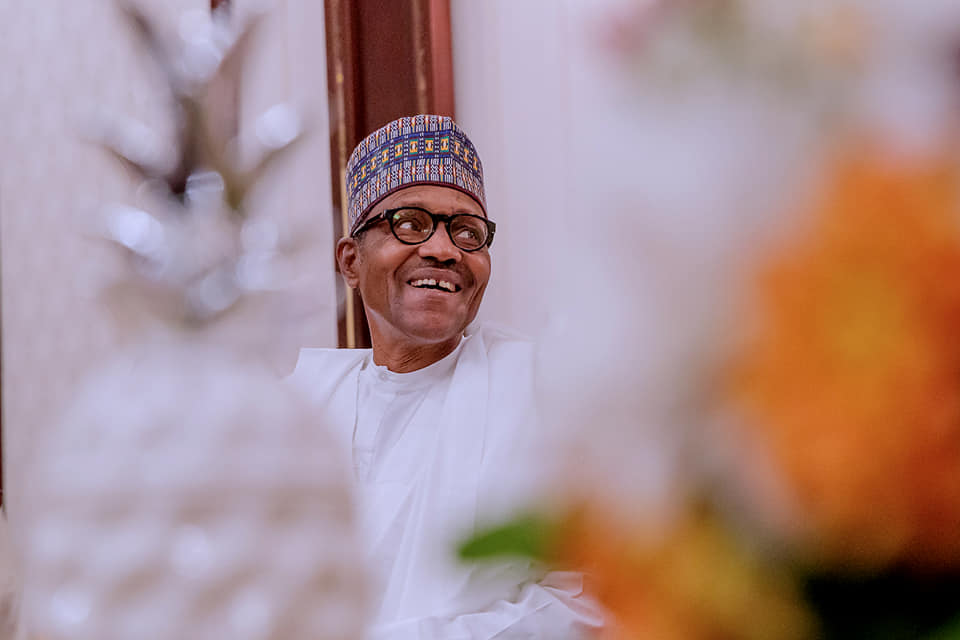President Muhammadu Buhari said yesterday that it would take decades for Nigeria and Nigerians to repair the damage done to the country by the terror sect, Boko Haram.
Buhari told the World Economic Forum on Middle East and North Africa at Dead Sea, Jordan that although the insurgents have been significantly pushed back and no longer control any territory of the country, government has been left with a big task of rebuilding what has been destroyed.
“The deaths, damages and destruction caused by terrorist groups such as Al Qaeda, ISIS and Boko Haram over the last 10 years will take decades to repair,” he said.
He urged world leaders to work towards narrowing gaps in social and economic opportunities for citizens as panacea to rising conflicts across the globe.
He said: “we must ask ourselves how we, as a region, got to this point. The answer, at least in the case of Nigeria, is the lack of social and economic inclusion.
“As Nigeria celebrated being the largest economy in Africa and one of the fastest growing economies in the world, Nigerians were migrating in droves through harsh desert conditions and across treacherous seas to seek what they believe would be a better life in Europe.
“I strongly believe that lack of social and economic inclusion was the root cause of many challenges we are experiencing.”
Buhari said the changes taking place across the world in technology, population, migration, trade and geo-politics had been yielding both positive and negative results in different parts of the world.
He called for more collaboration across borders to alter tides of frustrations that fuel conflict.
“It is my view, that no region of the world has felt the full impact of these dramatic shifts and shocks like the Middle East and Africa–North and Sub-Sahara.
“On one hand, our region is blessed with a very young, vibrant, enterprising and dynamic population. We also have valuable natural resources that are the envy of many nations.
“These assets and endowments contributed to our region experiencing some of the highest economic growth rates in the world.
“In this digital age where physical borders no longer exist to protect even the most secured nations, the only way to overcome predatory and divisionary forces is for all well-meaning nations to work together for the greater good of mankind.
“Simply put, cooperation amongst sovereign nations is no longer a choice. It is an absolute necessity.”
He told the gathering of leaders, entrepreneurs and economic experts that “Nigeria’s population is 190 million, and by 2050, it is estimated to hit 390 million, making it the third most populous country in the world.’’
According to him, he spent the last four years tackling security issues in the country and implementing policies that make the economy more inclusive.
“We are extremely grateful to the many countries that stood with Nigeria to confront this global scourge and in particular, the Kingdom of Jordan under the leadership of His Majesty, the King.
“Furthermore, our economic diversification and social inclusion policies are also yielding positive results.
“Our country has now returned to the path of growth. We are making gains in the ease of doing business indices,’’ he added.
The President said the agriculture sector was driving government’s efforts to diversify the economy.
He added that “in the spirit of “Building New Platforms of Cooperation’, we partnered with the Kingdom of Morocco to domesticate fertilizer production in Nigeria and revive over two million tons of abandoned fertilizer blending plant capacity.
“The outcome is we created tens of thousands of jobs in agriculture, logistics, manufacturing and retail sectors.’’

